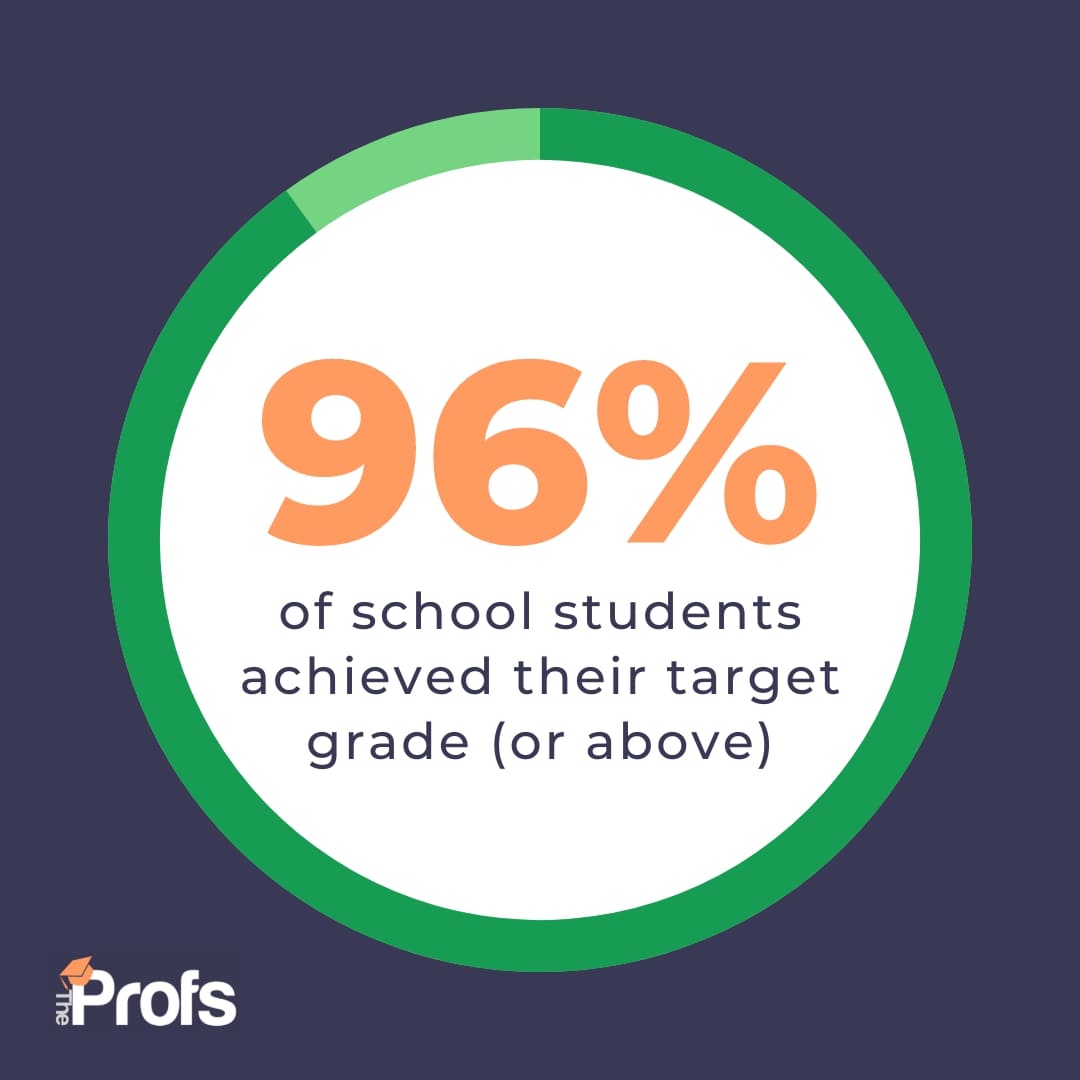Cambridge tutors - Who can apply to be a tutor with The Profs? What we are looking for
We are in search of online tutors across all subjects, catering to all age groups and levels of study, from Primary school right through to Professional certifications. The Profs is a worldwide platform, connecting tutors and higher education students globally. Here's what we value in our online tutors:
- Relevant Academic Background: A degree that matches the area you aspire to tutor, such as online Cambridge tutors | online Cambridge tutoring | Cambridge tutor | online Cambridge tutor | Cambridge tutoring | Cambridge tuition | online Cambridge tuition. Teaching qualifications aren't required, but they will greatly strengthen your application.
- Relevant Teaching Experience: Ideally as an educator. We infrequently accept applications from undergraduates without prior teaching experience.
- Online Teaching Experience: Familiarity with remote online tutoring platforms, VLEs, online whiteboards, etcetera is not essential, but considering the unique demands of online teaching, previous experience is appreciated.
- Subject Demand: The demand for remote tutoring is often centred around sciences, technology, engineering, maths, social sciences, languages, humanities, professional qualifications, entrance tests, and aptitude tests. Areas such as economics and computer science are always in high demand, while languages and humanities may have a relative excess of supply.
- Personalised Approach: Tutoring with The Profs is more than lecturing or classroom teaching. It's about 1:1 interaction, tailoring, and building rapport. Empathy is as important as raw intelligence in tutoring!
- Professionalism and Competence: Being well-informed, constructive, proactive, approachable, and proficient is essential. In short, we look for professionalism in our tutors.
We will only call individuals to interview if we feel their skills will be really utilised on The Profs' platform. If you have these qualities and are interested in making a difference in the lives of students, we welcome you to pursue opportunities with The Profs.
Cambridge tuition is priced in accordance with the following levels:
School Tutoring: Professional help from a tutor for those who need to achieve better grades at school. The cost begins at £60 per hour + £70 Registration fee.
Undergraduate Tutoring: An expert tutor with many years of experience in the university system. Prices start at £75/hour + £70 Registration fee.
Postgraduate Tutoring: A veteran tutor who is a true authority in their subject. Prices start at £90/hour + £70 Registration fee.
Professional Tutoring: A field-leading tutor with experience in helping students pass professional qualifications. Prices start at £105/hour + £70 Registration fee.
Specialist Tutoring: Tutors with an exemplary track record of helping students get outstanding results. These tutors come from the world's most prestigious universities. The cost begins at £120 per hour + £70 Registration fee.
Applications Support: Our admissions tutors have a proven track record of helping students receive offers from top universities. They have typically worked in the university admissions field themselves. The cost begins at £150 per hour.
The average price ranges based on the Cambridge tuition tutors' knowledge and experience as well as the academic level of the student.
How much is an online Cambridge tuition tutoring minute in London?
The cost is approximately £60 to £150 per hour depending on a Cambridge tuition tutors' knowledge and experience as well as the academic level of the students. This is more expensive than other areas of the UK because of the higher costs of living associated from the living costs in London. You might want to have a: college pastoral support, cambridge online tutors, tutor contact cambridge, tutor tutors college, tutorial office staff, home college pastoral, university good life, college welfare team, mindful student study, tutors college nurses, support college pastoral, accessing support information, support service cambridge, pastoral support back, miles, travels, member, hr, tutors cambridge, centre, necessary, level, hours, response, support, university, free, information, cambridgeshire, reviews, school, students, online, primary, lessons, maths, english, child, pupils, tuition, lesson, private, help, us, subjects, student, gcse, college, teaching, first, year, confidence, learn, policy, studies


